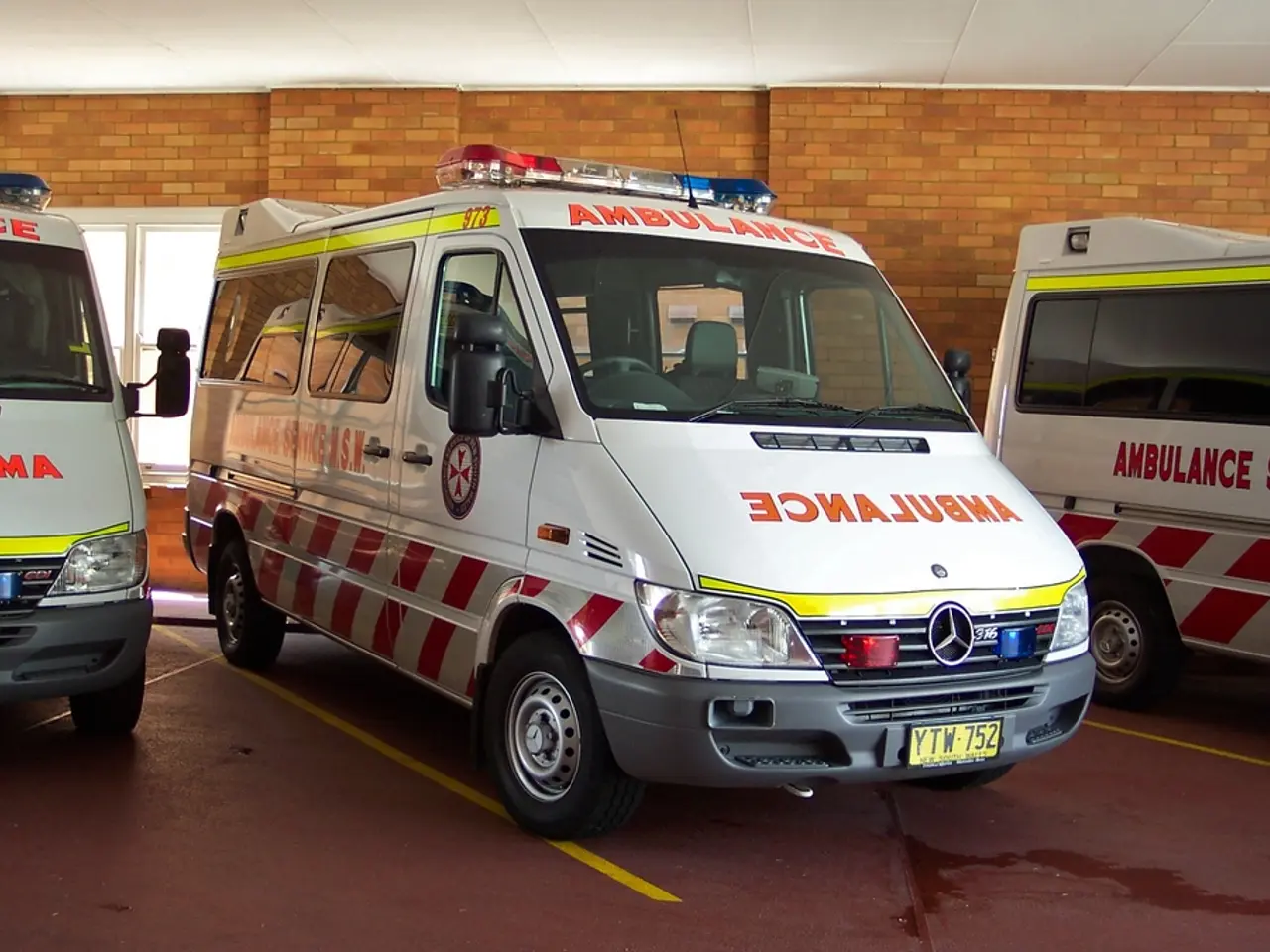After 20 Years, EMT Finds New Role, But Mental Toll Persists
After two decades as an emergency medical technician, Sybille Heid, now 45, has found a new role at the Bern emergency call center. She switched due to increasing physical demands, but the psychological challenges persist. Mental hygiene, once overlooked, is now a significant focus in training.
Heid began her career when mental hygiene was scarcely discussed. Today, it's a major topic, with structured analyses and reflection protocols integrated into training. The Zentrum für Medizinische Bildung in Bern has introduced measures to enhance psychological resilience, such as emphasizing social competence and mental toughness.
Heid maintains boundaries to manage stress. She changes out of her uniform at the end of her shift and discusses difficult cases with colleagues and deployed emergency medical technicians. However, she finds it easier to distance herself from incidents described over the phone than those witnessed in person. Some cases still follow her home emotionally.
Heid's switch to the emergency call center has not spared her from psychological challenges. Despite the increased focus on mental health in training, maintaining boundaries remains crucial for her and her colleagues to stay in the job. Further support and specific interventions may be necessary to help emergency medical technicians cope with the mental toll of their work.
Read also:
- Abu Dhabi initiative for comprehensive genetic screening, aiming to diagnose over 800 conditions and enhance the health of future generations in the UAE.
- Elderly shingles: Recognizing symptoms, potential problems, and available treatments
- Protecting Your Auditory Health: 6 Strategies to Minimize Noise Damage
- Exploring the Reasons, Purposes, and Enigmas of Hiccups: Delving into Their Origins, Roles, and Unsolved Aspects





